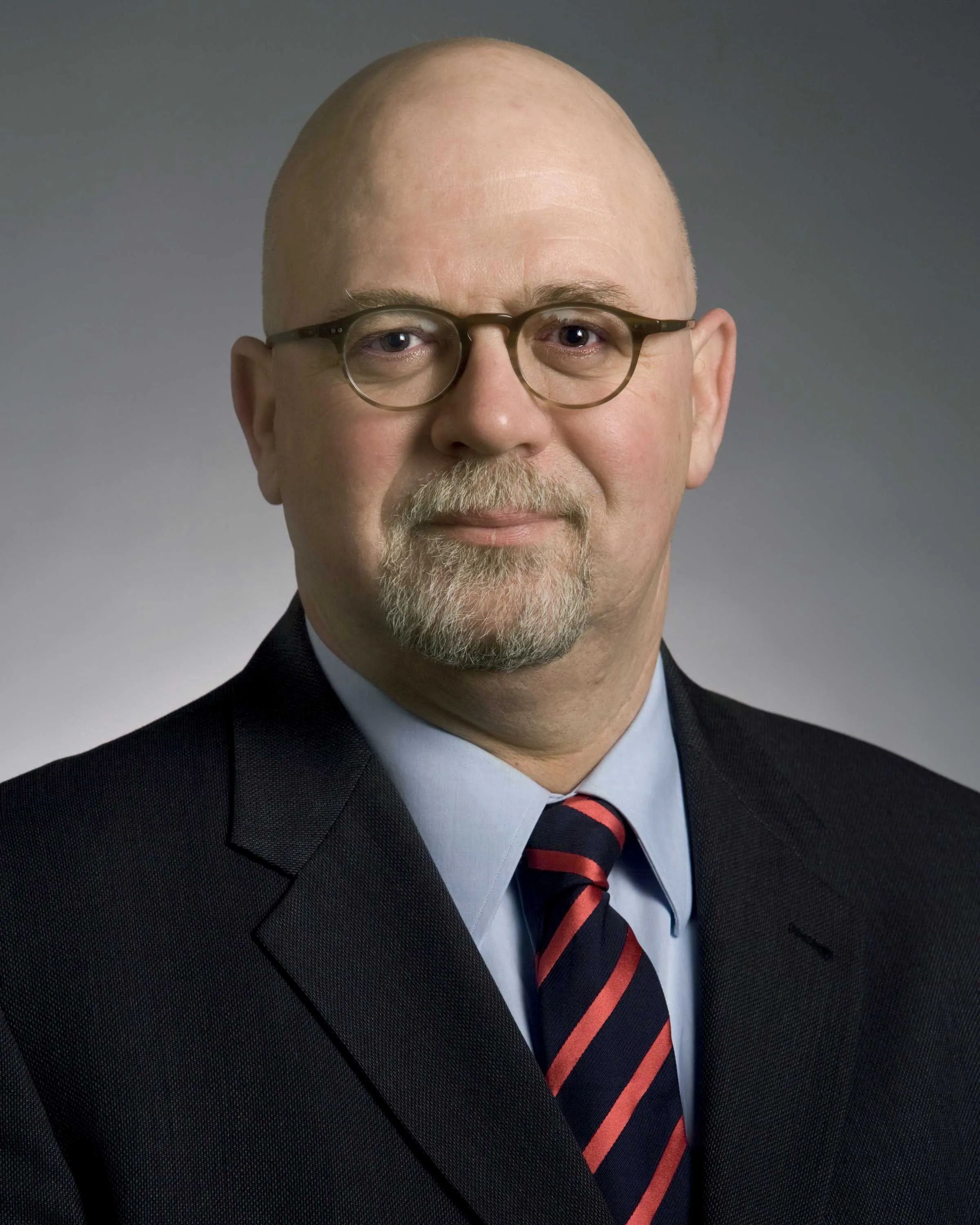Engine manufacturer DEUTZ is reconfiguring its organisational structures to deal with the effects of the global recession. Having launched its comprehensive MOVE action programme last year to secure its future and profitability, it now plans to take further steps to realign its structures. Following the reduction of the company's management board from four to three in March, the organisational level immediately below the board is being significantly streamlined. In future, 17 executives at this level will r
July 13, 2012
Read time: 2 mins
Engine manufacturer 201 Deutz is reconfiguring its organisational structures to deal with the effects of the global recession.
Having launched its comprehensive MOVE action programme last year to secure its future and profitability, it now plans to take further steps to realign its structures. Following the reduction of the company's management board from four to three in March, the organisational level immediately below the board is being significantly streamlined. In future, 17 executives at this level will report directly to the management board instead of the 25 who currently do so.
The key aspects of this structural realignment are that the various operational functions at the Cologne and Ulm sites in Germany will be merged to form a single function at each plant that has full responsibility for quality, delivery reliability and costs.
The three current sales regions will be pooled with the service functions and the back-office sales management functions to establish one unit with global responsibility. The marketing and public relations, corporate development, quality management and product management units will be amalgamated to create the new corporate management function. Investor relations will be integrated into the finance function.
Heading the merged sales regions will be UK-born Robert Mann, 53, who will be based in Cologne, and who has worked for DEUTZ in the US for 16 years, the past nine as head of its US subsidiary, DEUTZ Corporation, in Atlanta.
Having launched its comprehensive MOVE action programme last year to secure its future and profitability, it now plans to take further steps to realign its structures. Following the reduction of the company's management board from four to three in March, the organisational level immediately below the board is being significantly streamlined. In future, 17 executives at this level will report directly to the management board instead of the 25 who currently do so.
The key aspects of this structural realignment are that the various operational functions at the Cologne and Ulm sites in Germany will be merged to form a single function at each plant that has full responsibility for quality, delivery reliability and costs.
The three current sales regions will be pooled with the service functions and the back-office sales management functions to establish one unit with global responsibility. The marketing and public relations, corporate development, quality management and product management units will be amalgamated to create the new corporate management function. Investor relations will be integrated into the finance function.
Heading the merged sales regions will be UK-born Robert Mann, 53, who will be based in Cologne, and who has worked for DEUTZ in the US for 16 years, the past nine as head of its US subsidiary, DEUTZ Corporation, in Atlanta.







